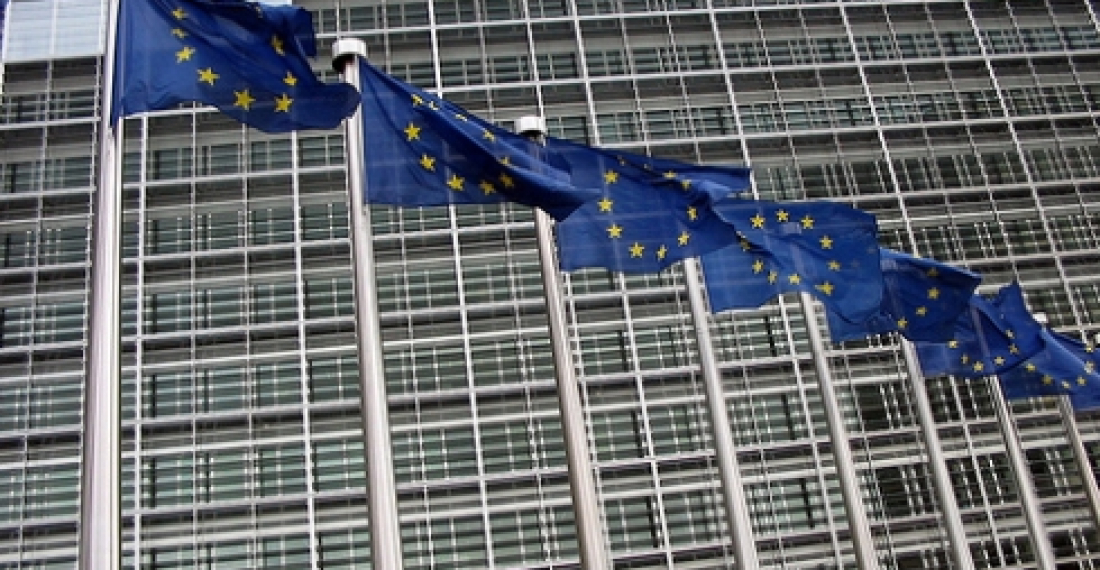Joint statement by the President of the European Commission José Manuel Barroso and the President of the European Council Herman Van Rompuy on Ukraine
"Concerning the Ukrainian decision to suspend temporarily the preparations for signing the Association Agreement and Deep and Comprehensive Free Trade Area (DCFTA), the European Union's position remains clear. The offer of signing an unprecedented Association Agreement and a DCFTA is still on the table. This requires the necessary political will by the Ukrainian leadership, determined action and tangible progress on the conditions set out in December 2012. Important progress has already been achieved by Ukraine. We are convinced that signing the Association Agreement and a DCFTA, the most ambitious agreement the European Union has ever offered, provides the best possible support for Ukraine's economic situation, reform course and modernisation in view of building a prosperous and stable future for all Ukrainians. The EU stands ready to be more open and more supportive to those who are willing to engage in reforms and modernisation.
While being aware of the external pressure that Ukraine is experiencing, we believe that short term considerations should not override the long term benefits that this partnership would bring. However the European Union will not force Ukraine, or any other partner, to choose between the European Union or any other regional entity. It is up to Ukraine to freely decide what kind of engagement they seek with the European Union. Ukrainian citizens have again shown these last days that they fully understand and embrace the historic nature of the European association.
We therefore strongly disapprove of the Russian position and actions in this respect. The Association Agreement and a DCFTA are opportunities to accompany our common neighbours towards modern, prosperous and rule-based democracies. Stronger relations with the European Union do not come at the expense of relations between our Eastern partners and their other neighbours, such as Russia. The Eastern Partnership is conceived as a win-win where we all stand to gain. The European Union continues to stand ready to clarify to the Russian Federation the mutual beneficial impact of increased trade and exchanges with our neighbours, whilst fully respecting the sovereignty and independence of our Eastern Partners and the bilateral nature of Association Agreement and DCFTAs.
The European Union looks forward to the Eastern Partnership Summit in Vilnius this week. It will be an important moment to take stock of the situation and take forward the relations with our Eastern partners."







